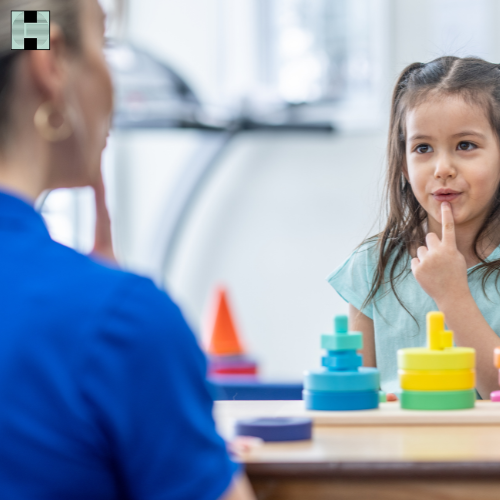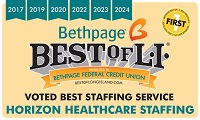What is a School Speech Language Pathologist?
Children that have speech difficulties or struggle with language or communication skills can experience more challenges than the average child at school. Fortunately, schools have a specialized professional dedicated to helping these students succeed: the school speech language pathologist (SLP). SLPs are often referred to as “speech therapists”. In areas with a high diversity such as NY and NJ, SLPs often work with multilingual and multicultural populations. You may have heard of a speech therapist, but you may be asking yourself, “what is a school speech language pathologist?” and you’re not alone! In this blog we are going to explore what a school language pathologist is, what they do, and why they’re essential to student success.
What is a School Language Pathologist?
Speech Language Pathologists (SLPs) or Speech Therapists are professionals that assess, diagnose, and treat any speech, language, or communication disorders and difficulties. School SLPs work with students who experience any of these difficulties that may affect their academic and social success. They are trained in a wide range of communication issues that students may struggle with. The school speech therapists may work with students that struggle with the following:
- Fluency disorders such as stuttering that impacts the flow and rhythm of speech.
- Articulation and phonological disorders, that can make it difficult to speak clearly
- Language disorders, including spoken, written, expressive, and comprehension language.
- Social communication skills, which are essential for peer interactions, especially in inclusive environments
Through therapy sessions, either individually or in groups, a school SLP in NY or NJ will create personalized treatment plans tailored to each student’s unique needs. School SLPs help students develop the communication skills necessary to thrive both socially and academically.
The Importance of School Speech Language Pathologists in NY and NJ
Most people think SLPs, or Speech Therapists, only help students with stutters or lisps, but they help students with more than just that. Speech therapists provide help for students that may struggle with reading difficulties with communicating, or difficulties that interfere with their ability to learn. For students, the ability to communicate effectively is foundational to success in both academic and social interactions. By focusing on each child and identifying their individual needs, SLPs help prevent long-term learning difficulties and provide them with skills that boost their self-esteem and confidence.
The work of an SLP has a lasting impact on a child’s future. Communication skills that are developed in school are essential for their future. By intervening on these language difficulties early, school SLPs give these students a foundation for lifelong success.
How to Become a School Speech Language Pathologist
In order to become a school Speech Language Pathologist you may need licensure or a certificate, depending on the state you are pursuing the career in. If you are looking to become a school SLP in New Jersey or New York, you will need to earn state licensure. Requirements to be a school speech therapist differ from state to state. Generally, you’ll need to have a master’s degree in speech language pathology, clinical experience, and state licensure as the standard requirements. However, many school SLPs also pursue specialized certifications that allows them to work specifically in educational settings. Gaining this rigorous training ensures that SLPs have the skills and expertise needed to provide high-quality care to students with a variety of needs.
Final Thoughts
Becoming a school SLP is an extremely rewarding career. School speech language pathologists are essential professionals in a child’s educational journey, helping students overcome barriers to communication that might otherwise hinder their success. Through individualized therapy, assessments, and support, school SLPs create a positive, inclusive environment where every child can learn and grow.


